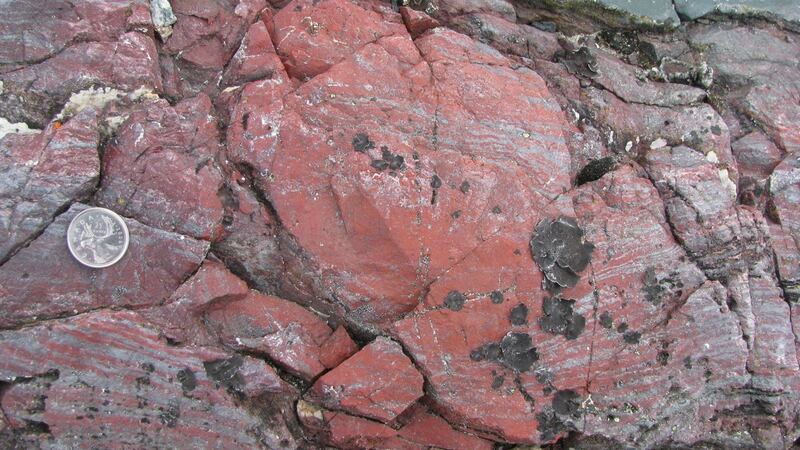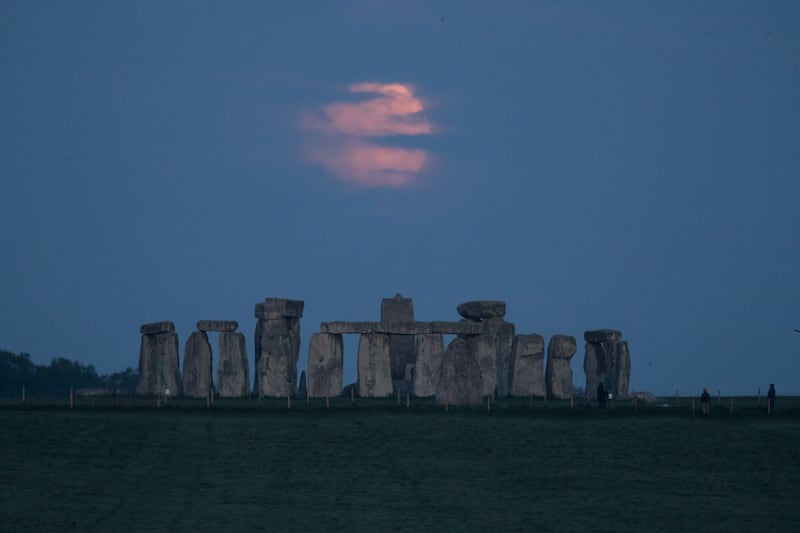Diverse life forms existed on Earth at least 3.75 billion years ago, much earlier than previously thought, a new study suggests.
Researchers analysed a fist-sized rock from Quebec, Canada, estimated to be between 3.75 and 4.28 billion years old.
An earlier study of the rock identified tiny filaments, knobs and tubes which appeared to have been made by bacteria.
However, not all scientists agreed that these structures – dating about 300 million years earlier than what is more commonly accepted as the first sign of ancient life – had a biological origin.
But after extensive further analysis of the rock, the team discovered a much larger and more complex structure.
This was a stem with parallel branches on one side that is nearly a centimetre long – as well as hundreds of distorted spheres alongside the tubes and filaments.
According to the UCL researchers, while some of the structures could have been created through chance chemical reactions, the tree-like stem with branches was most likely biological in origin, as no structure created via chemistry alone has been found like it.
Lead author Dr Dominic Papineau (UCL Earth Sciences, UCL London Centre for Nanotechnology, Centre for Planetary Sciences and China University of Geosciences) said: “Using many different lines of evidence, our study strongly suggests a number of different types of bacteria existed on Earth between 3.75 and 4.28 billion years ago.”
“This means life could have begun as little as 300 million years after Earth formed.
“In geological terms, this is quick – about one spin of the Sun around the galaxy.”
The researchers also provide evidence of how the bacteria got their energy in different ways.
They found mineralised chemical by-products in the rock that are consistent with ancient microbes living off iron, sulphur and possibly also carbon dioxide and light.
These findings suggest that a variety of microbial life may have existed on primordial Earth, potentially as little as 300 million years after the planet formed.
For the study, published in Science Advances, the researchers examined rocks from Quebec’s Nuvvuagittuq Supracrustal Belt (NSB) that Dr Papineau collected in 2008.
The NSB, once a chunk of seafloor, contains some of the oldest sedimentary rocks known on Earth.
Before this discovery, the oldest fossils previously reported were found in Western Australia and were dated at 3.46 billion years old, although some scientists have contested their status as fossils.







